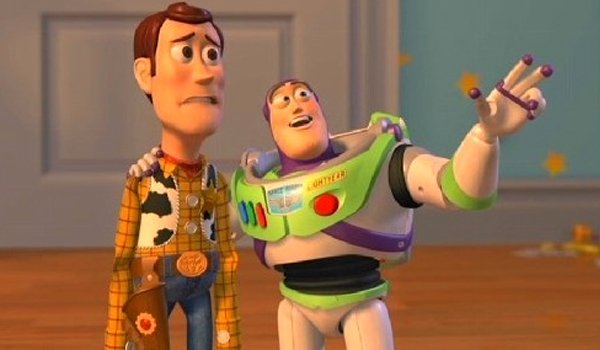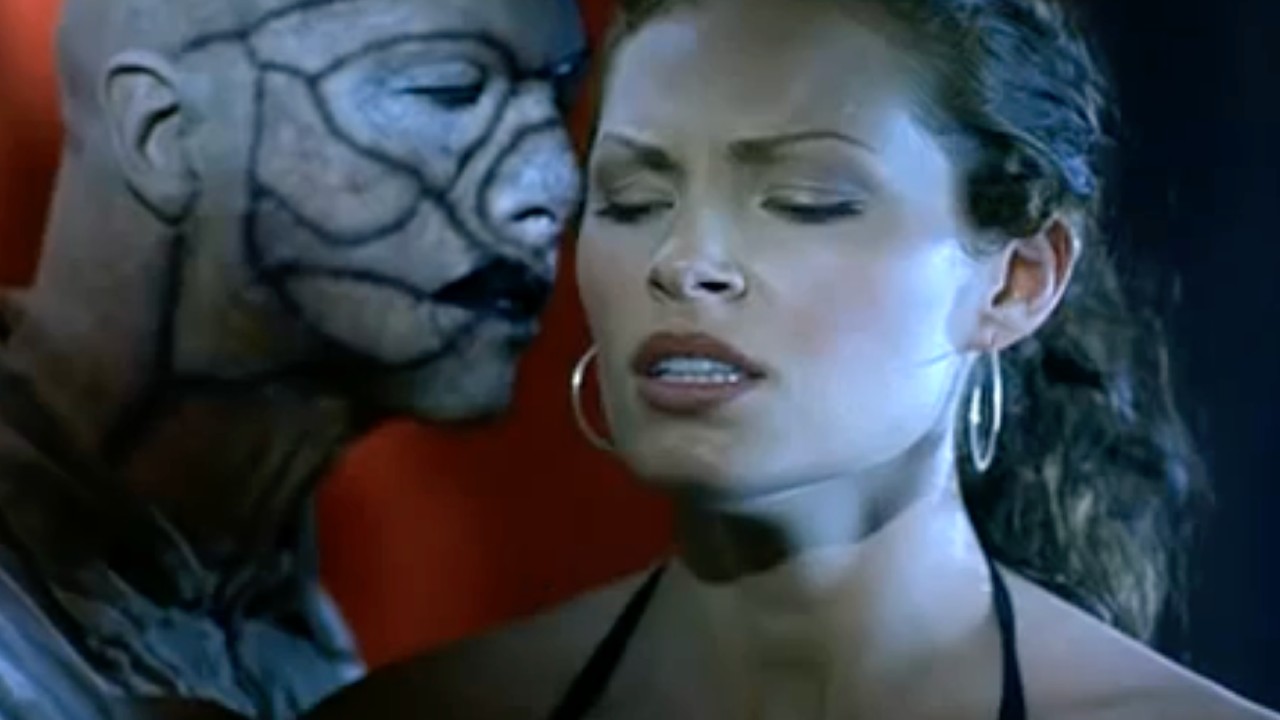The Toy Story Honest Trailer Actually Finds Problems With Pixar's Masterpiece

Your Daily Blend of Entertainment News
You are now subscribed
Your newsletter sign-up was successful
If one were to say that 1995’s Toy Story is an important, groundbreaking movie that essentially launched an entire genre of storytelling, that's hardly a controversial statement. Yet, leave it to folks at Screen Junkies’ "Honest Trailers" to find an angle to level a killer critique. Check out the latest edition as it skewers a seminal masterpiece, and also features a hilarious MADtv throwback with Will Sasso reprising his role as Randy Newman.
Interestingly enough, their rather morbid Toy Story synopsis, despite skipping some of the sunnier points in the film’s plot, does contain a certain validity in its critique of its bleak themes. Compared with traditional children’s films, which center on a protagonist who attempts to achieve something, whether it be reuniting with one’s family or winning the heart of a prince/princess, the primary motivation of Toy Story’s characters surrounds a conflict with a hard truth about their plastic existence, which results in much infighting between toy cowboy Woody and the cluelessly optimistic newbie, Buzz Lightyear.
Yes, in a tinfoil-hat-ish way, it could be posited that Woody’s goal throughout the entire film is summed up by his attempts to instill the horrible truth into Buzz that their lives amount to nothing more than being playthings on a shelf. Say what you will, but as far as movie character motivations go, that is rather dark. Yet, viewed in that context, the series as a whole also seems to be a pessimistic parable reminding people that our purposes in life are fleeting and admonishes any attempt to preserve the past. Toy Story 2 did this with its ruthless toy collector, Al McWhiggin, and, of course, Toy Story 3 used Andy’s tear-inducing story arc to demonstrate that things in our lives are meant to be let go.
Watch Jurassic Park Get Torn To Shreds With An Honest Trailer
The video also critiques Toy Story’s overall premise of toys secretly being alive; not just in the improbable logistics, but from the purely problematic morality that the film seems to exude. The most notable example of that was how Andy’s neighbor, Sid Phillips, in his "hobby" of butchering toys, was portrayed as some kind of sadistic, sociopathic villain, despite not knowing the truth about their sentient status. It is even pointed out that he’s a neglected child with a drunk dad, acting out with a seemingly harmless, albeit bizarre habit. While Sid’s frightening moment of reckoning by way of the vengeance-seeking toys would undoubtedly set the child’s folks back a bit in therapy bills, it’s all just deserts as far as the film is concerned.
Toy Story 4: Seven Things To Know About The Next Toy Story Movie
Of course, this may be nothing more than nitpicking food for thought and subjective interpretation. However, it’s tough to deny that Pixar sometimes likes to hit us directly in the feels using manipulative, often contradictory sentiments that are less than scrupulous. Yet, it’s also hard to deny that they’ve taken the art of animated storytelling to monumental levels and that their sentiments, cheap as they may be at times, speak poignantly (though indirectly,) about the human condition. And it all started with Toy Story.
Your Daily Blend of Entertainment News
